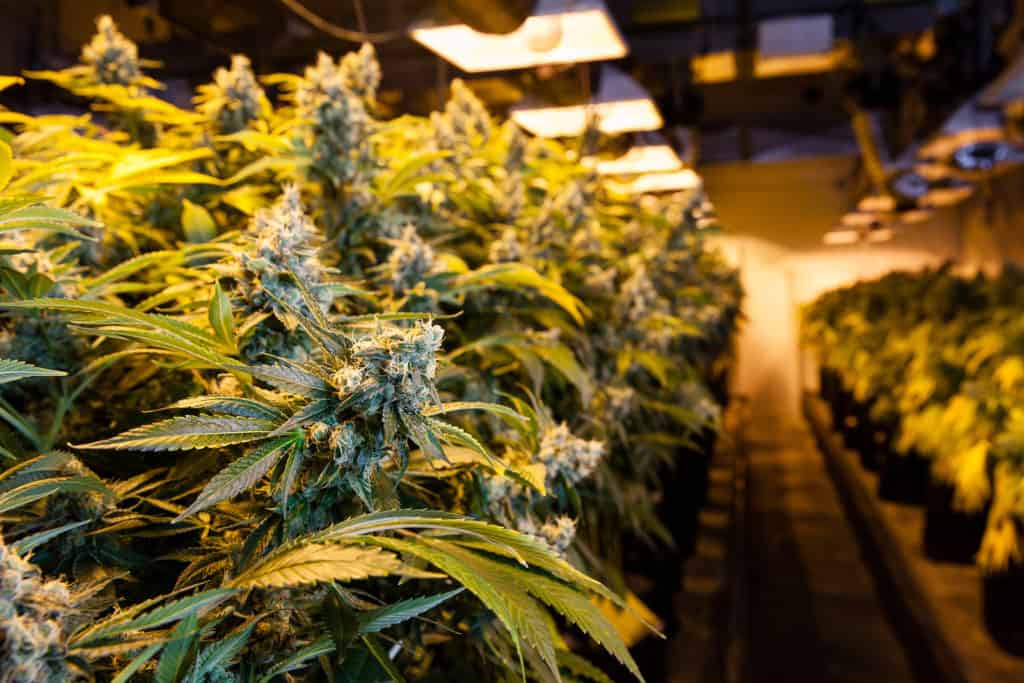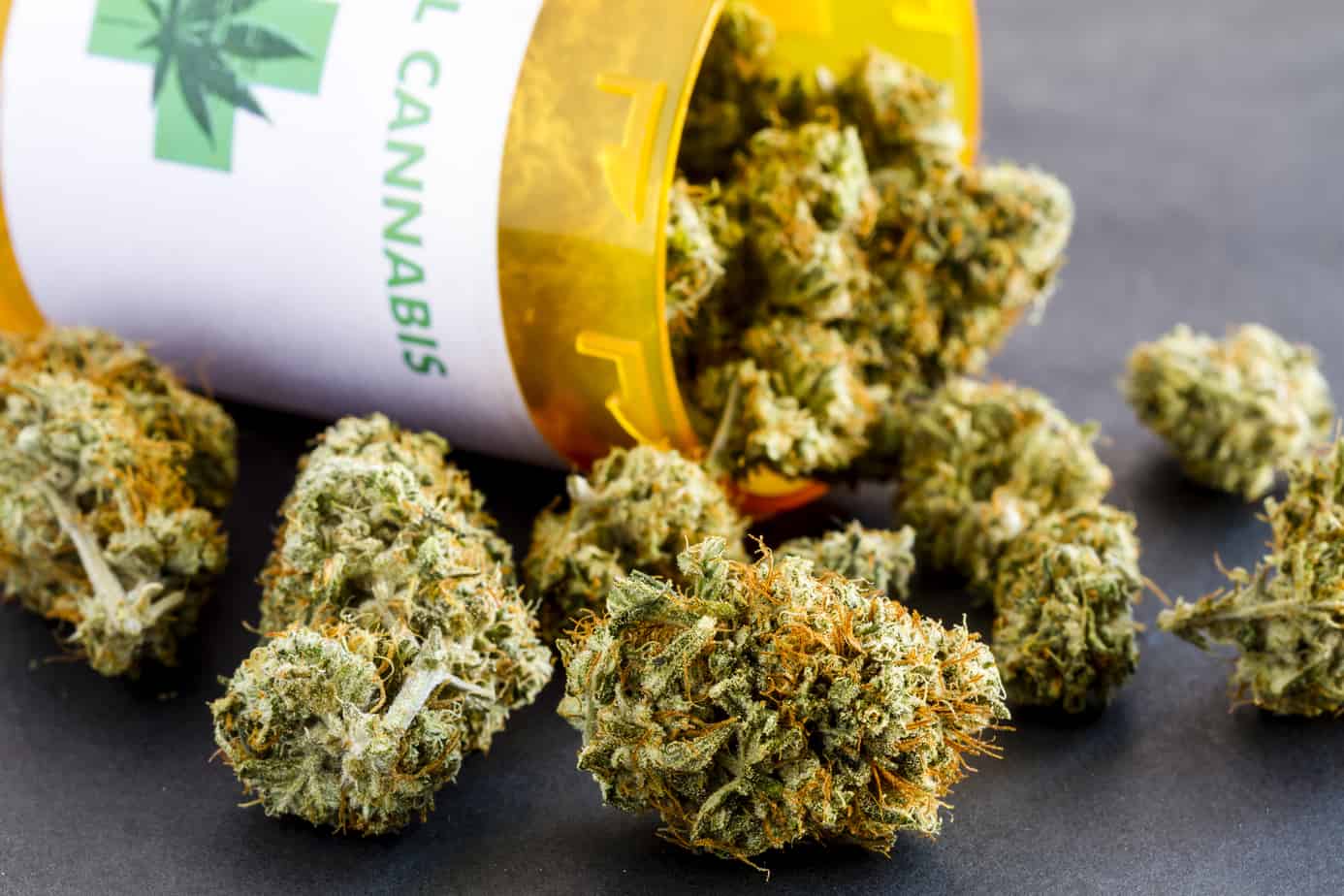The legal marijuana industry is poised to topple manufacturing in job creation by 2020, according to a report from New Frontier Data.
The report indicates that the cannabis industry will create more than a quarter-million American jobs by the end of the decade. Manufacturing jobs, however, are expected to decline by 814,000 by 2024, according to the Bureau of Labor Statistics.
“These numbers confirm that cannabis is a major economic driver and job creation engine for the U.S. economy,” said Giadha Aguirre De Carcer, CEO and Founder of New Frontier Data.
The data firm expects cannabis growth to slow in the next three to five years, but projects total market sales to exceed 24 billion by 2025.
New Frontier’s data is based on the Marijuana Policy Group’s (MPG) initial analysis. MPG was hired by Colorado to perform an economic analysis.
The report is based on the assumption that every state will have an adult-use or medical program in place by 2020.
The legal marijuana industry was worth approximately $7.2 billion in 2016; a year that saw eight new states vote to legalize the drug in some way. There are currently 28 states with medical marijuana programs in place, according to legal reports.
The industry is expected to grow at a CAGR (compound annual growth rate) of 17%. Through 2025, the medical market is estimated to grow at 13% CAGR.
By 2025, adult use sales of legal cannabis is expected to increase from $2.6 billion to $11.2 billion.
As more states opt to legalize marijuana, users are abandoning the black market for the convenience, safety and diversity the industry offers. These factors may propel job growth forward.
According to a report from Marijuana Business Daily, the legal marijuana industry employed between 100,000 and 500,000 as of January. The publication’s figure includes scientists, growers, entrepreneurs, and dispensary employees.
Evidence suggests that New Frontier’s estimates may be accurate. In Colorado, the marijuana industry has created an estimated 18,000 jobs since opening the recreational market in 2014, the Marijuana Policy Group reports. The state’s industry has generated $996 million in sales, and the economic impact of the marijuana business is estimated to be $2.39 billion.
DeCarcer says the report offers an “optimal view of the market that demonstrates what potential job creation could be if legal cannabis is operating freely and openly.”
The legal cannabis industry still faces challenges, as states struggle to implement newly-passed marijuana laws. In Massachusetts, legal pot has complicated employer policies. The Trump administration has vowed to leave legalization to the state’s, but Sean Spicer, White House press secretary, indicated otherwise.
“I do believe you will see greater enforcement of it,” Spicer said of federal drug laws. “When you see something like the opioid addiction crisis blossoming in so many states around this country, the last thing we should be doing is encouraging people. There is still a federal law that we need to abide by when it comes to recreational marijuana and drugs of that nature.”
Medical marijuana, Spicer says, would still be permitted for use.



